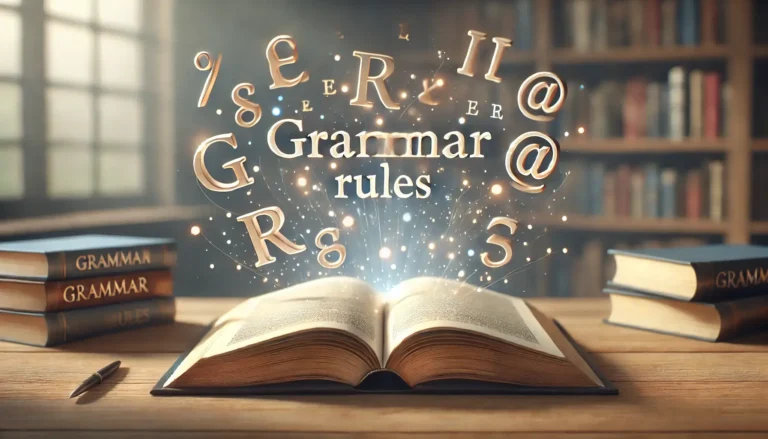Welcome to our lesson on the versatile verb “slip” and its many phrasal forms. While “slip” may seem straightforward at first glance, it forms a surprising array of phrasal verbs when combined with different prepositions. These phrasal verbs add depth and nuance to your language, allowing you to express subtle actions and states of being with precision.
In this lesson, you’ll learn to understand and use expressions like “slip in,” “slip away,” “slip by,” and many others. Each phrasal verb has its own unique connotation, from quietly entering a room to accidentally revealing a secret.
By the end of this lesson, you’ll be able to effortlessly incorporate these phrasal verbs into your everyday conversations, enhancing your fluency and communicative finesse. Whether you’re aiming to sound more natural in casual chats or seeking to enrich your professional dialogue, mastering these phrasal verbs will be a valuable addition to your linguistic toolkit.
Phrasal verbs: slip
Slip in / Slip out / Slip away / Slip into / Slip out of / Slip through / Slip past:
- Meaning: To move somewhere quickly, quietly, and often unnoticed.
- Examples:
- Slip in: She managed to slip in a few words of encouragement during his speech.
- Slip out: He slipped out of the meeting early to catch his flight.
- Slip away: As the evening wore on, she quietly slipped away from the party.
- Slip into: He slipped into the room unnoticed and took a seat at the back.
- Slip out of: She slipped out of the uncomfortable dress and into her pajamas.
- Slip through: Despite the tight security, the spy slipped through the checkpoints.
- Slip past: The thief slipped past the sleeping guard and entered the warehouse.
Slip away:
- Meaning: To gradually lose control, power, or an opportunity; to leave discreetly.
- Examples:
- The chance to invest at the lower rate is slipping away.
- He tried to catch the rabbit, but it slipped away into the forest.
Slip by:
- Meaning: Time passing quickly or unnoticed.
- Examples:
- The weekend slipped by before I knew it.
- As they chatted, the hours slipped by unnoticed.
Slip down
- Meaning: To be easy to consume; to go down smoothly.
- Examples:
- The refreshing lemonade slipped down easily on the hot day.
- This ice cream slips down nicely after a spicy meal.
Slip into (a conversation)
- Meaning: To casually mention something in a conversation without drawing too much attention.
- Examples:
- He cleverly slipped into the conversation that he had won an award.
- She slipped into the conversation her plans for the summer vacation.
Slip out
- Meaning: To accidentally reveal a secret.
- Examples:
- I didn’t mean to tell him about the surprise party; it just slipped out.
- Her plans for a new job slipped out during a casual chat.
Slip on / Slip off
- Meaning: To put on or take off clothing quickly and easily.
- Examples:
- He slipped on his running shoes and went out for a jog.
- She slipped off her high heels and put on comfortable flats.
Slip through
- Meaning: To go undetected or unnoticed by a system designed to catch or prevent.
- Examples:
- The error slipped through the quality control process.
- Some illegal goods slipped through customs due to a clerical error.
Slip up
- Meaning: To make a small, careless mistake.
- Examples:
- She slipped up by forgetting to send the email on time.
- Despite the careful planning, a minor detail slipped up.
Conclusion
In conclusion, the verb “slip” demonstrates remarkable versatility when paired with different prepositions, forming a variety of phrasal verbs that can greatly enhance your communication skills. From the subtlety of “slip into” a conversation to the inevitability of time as it “slips by,” these expressions allow you to convey actions and experiences with greater nuance and clarity.
By mastering these phrasal verbs, you can add a layer of sophistication to your language, making your speech and writing more precise and engaging. Whether you’re describing a quiet entrance, an accidental mistake, or the gradual loss of an opportunity, these phrasal verbs provide you with the tools to express yourself more effectively.
We hope this lesson has helped you understand the different uses of “slip” in various contexts and inspired you to practice incorporating these phrasal verbs into your everyday language. With consistent practice, you’ll find yourself using them naturally and effortlessly, enhancing both your conversational and professional communication.







